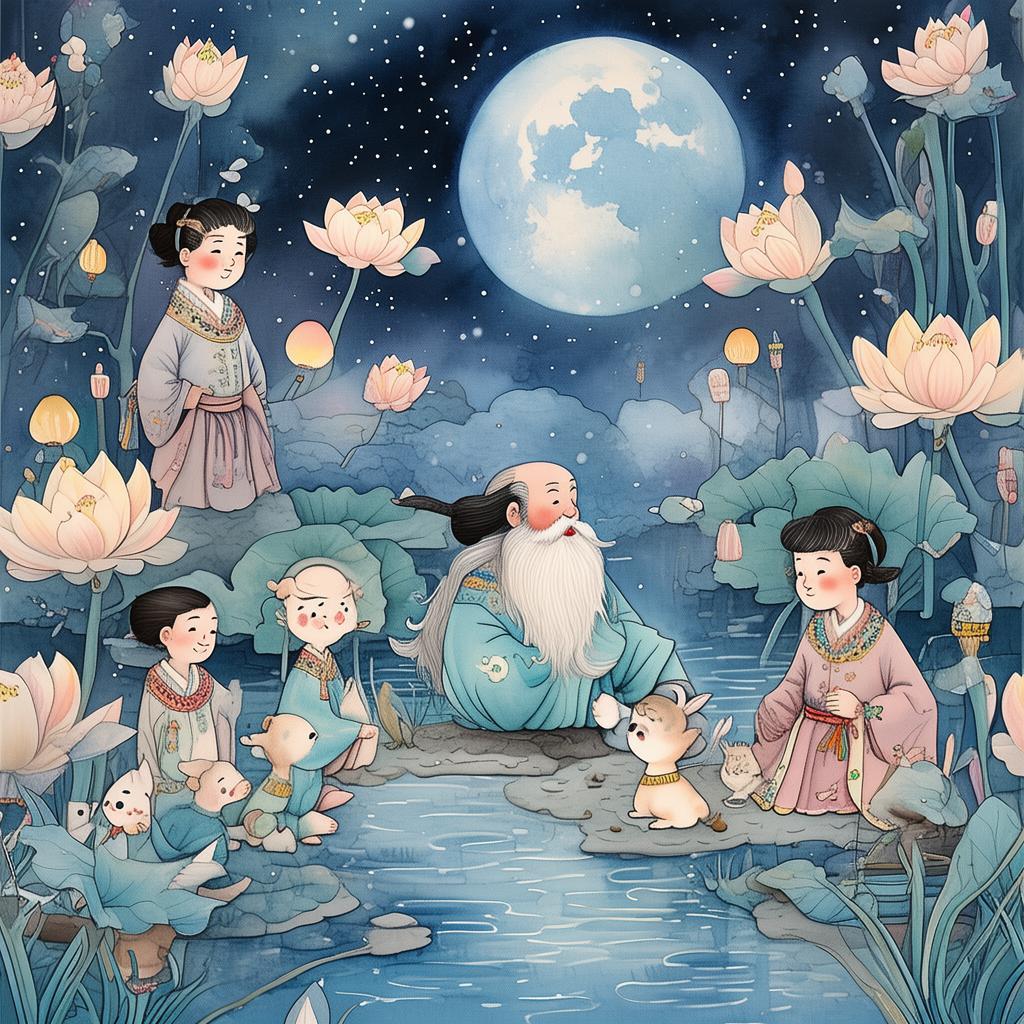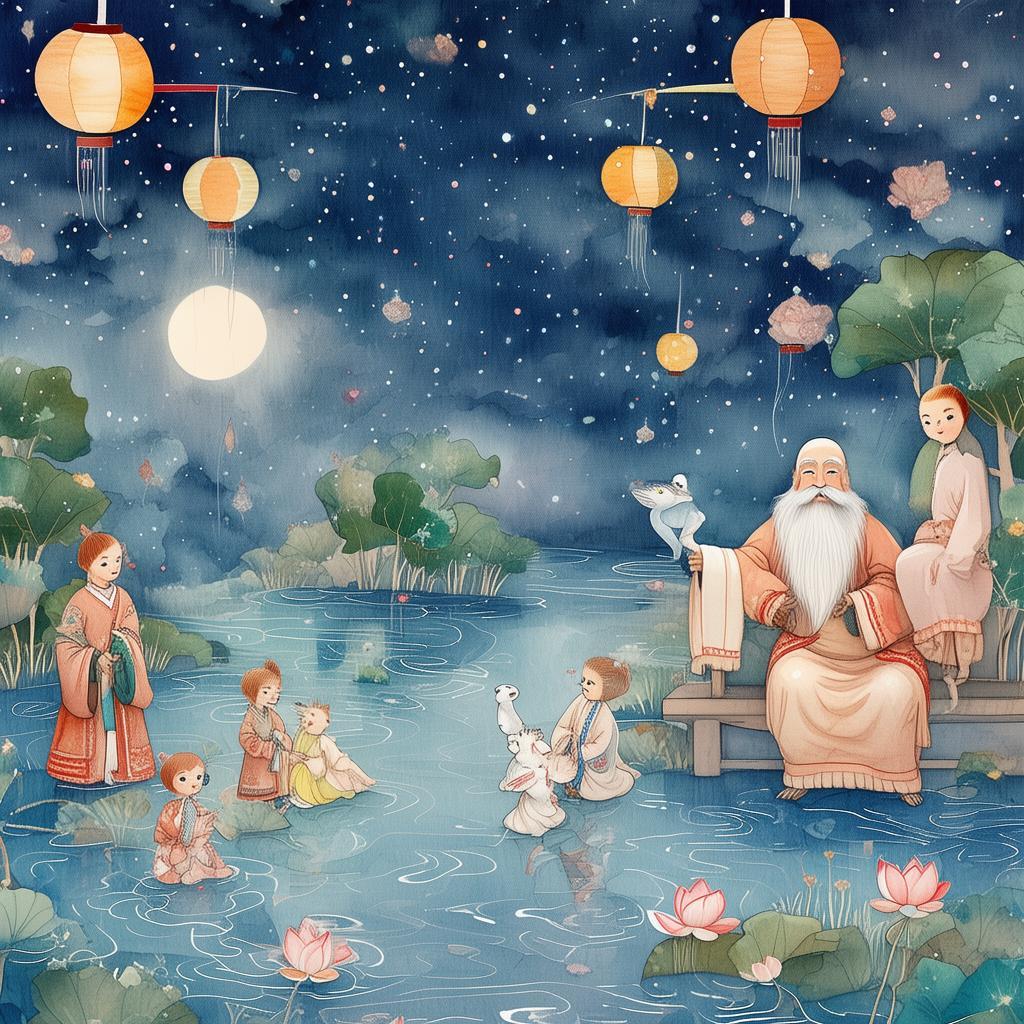Whispers of the Moonlit Symphony
Once upon a midnight, in the heart of an ancient city, there was a young maestro named Erez. Erez had a gift that defied description; his fingers could weave melodies that danced like the whispers of the night itself. He had a dream: to conduct the world’s most prestigious orchestra, to make his name echo through the ages. But as his talent grew, so did his ego.
Every evening, Erez would sit in the quiet of his music room, practicing until the early hours. His hands moved over the keys of the piano with the precision of a skilled artisan, crafting each note into a masterpiece. His fingers, it seemed, had a life of their own, and they danced with an elegance that left even the most seasoned musicians in awe.
But Erez was not satisfied. He desired recognition, applause, and the admiration of the world. He believed that if he could only capture the attention of the great conductor, Maximilian, he would achieve his dream. So, he embarked on a journey of relentless pursuit, sending his compositions to Maximilian, hoping to catch his eye.
One evening, as Erez sat at his piano, the doorbell rang. He jumped up, his heart racing. Maximilian had responded to one of his pieces. Could it be true? Erez opened the door to find not Maximilian, but a young woman, her eyes reflecting the moonlight.
"I am Liora," she said, her voice like a melody. "Maximilian asked me to bring you a message. He is interested in your music and wishes to meet you at the old concert hall."
Erez's heart soared. He was finally on the brink of his dream. That night, as he followed Liora through the shadowed streets, the moonlight seemed to guide his steps. But as they reached the concert hall, he noticed a shadowy figure waiting in the doorway.
"Stay close," Liora whispered, her hand tightening around his arm.
Erez's heart pounded in his chest. The shadowy figure stepped forward, a man with eyes that held the weight of a thousand unspoken words.
"This is Maximilian," Liora said, her voice steady. "He has something for you."
Maximilian handed Erez a score. "Here is a piece I composed," he said. "It is a reflection of my own ego, of the power and the burden it carries. I challenge you to conduct it and to find its true meaning."
Erez's eyes widened. The piece was unlike anything he had ever seen. It was a chaotic mix of triumph and despair, a testament to the power of the ego and the price it demanded.
He took the score, feeling its weight in his hands. "I accept your challenge," he said.
That night, Erez conducted Maximilian's piece. The music filled the hall, a cacophony of emotions. The orchestra played with passion, their faces reflecting the turmoil of the score. The audience was silent, holding their breath as Erez brought the piece to its climax.

As the final note resonated through the hall, Erez stepped back from the podium. The audience erupted into applause, their cheers a testament to the power of his performance. But Erez felt nothing. He had lost himself in the music, in the ego of Maximilian and the weight of his own desires.
In the days that followed, Erez continued to perform Maximilian's piece, each time more passionately, more perfectly. But something had changed. The music no longer brought him joy. It was a shell, a vessel for the ego he had sought to feed.
One night, as he sat in his music room, Erez realized what he had lost. The melodies that once danced in his fingers were now silent. He had traded his passion for recognition, and in doing so, he had lost his soul.
With a heavy heart, Erez destroyed Maximilian's score. He sat at his piano, and for the first time in weeks, he played without the pressure of performance. The melodies returned, soft and gentle, a reminder of what truly mattered.
The next evening, Erez received a letter. It was from Maximilian, thanking him for his courage and understanding. He had found the true meaning of music, and it was not in the applause or the recognition, but in the act of creation itself.
Erez smiled, a tear of relief mingling with joy. He had learned the cost of the ego, and he had learned to live with it. From that night on, he played not for fame, but for the pure joy of making music.
And so, in the heart of the ancient city, a young maestro learned the true meaning of art, of the power of self-discovery, and of the eternal battle between ego and soul.
✨ Original Statement ✨
All articles published on this website (including but not limited to text, images, videos, and other content) are original or authorized for reposting and are protected by relevant laws. Without the explicit written permission of this website, no individual or organization may copy, modify, repost, or use the content for commercial purposes.
If you need to quote or cooperate, please contact this site for authorization. We reserve the right to pursue legal responsibility for any unauthorized use.
Hereby declared.









